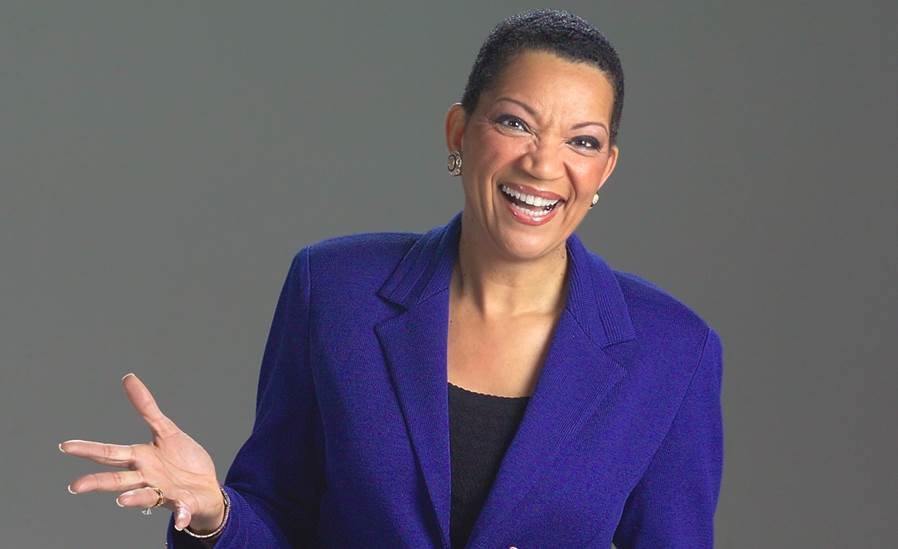By Lenora Billings-Harris
Diversity and inclusion is alive and well, although the work being done may have been under the radar. Since the ‘80s, many organizations have invested time, staff and money in an effort to enhance diversity and create inclusive work environments, because it makes good business sense. With the current media focus on the slow progress of women in top positions, and the lack of growth of under-represented ethnic groups in engineering and technology, more conversations have emerged that examine the “why” behind these poor results.
In the ‘80s the focus was on representation — EEO and affirmative action. The ‘90s emphasized diversity/sensitivity training. In the 2000’s — talent management including succession planning and mentoring became popular. In my experience with clients across the country and around the world, the current focus embraces inclusion and engagement with an emphasis on metrics.
This newer approach to diversity builds upon the work of the past yet is different in a few very significant ways. Past efforts relied on learning what to say or not say to certain groups of people. This made even those with the best intentions reluctant to connect with people different from them. Unintentionally the work created an “us versus them” mentality that caused some to feel blamed and shamed. With the advent of more than 15 years of brain science research, effective diversity and inclusion work now focuses on understanding unconscious bias and how to recognize and mitigate its negative effects. This approach helps everyone understand that we all have bias; it is normal. Thus, there is no “us versus them.”
Leaders, who are serious about attracting the best talent in today’s competitive market, know they must uncover how bias shows up in all levels of decision making, then reinforce those behaviors that encourage inclusion and engage people to share their best ideas. Most importantly executives are measuring results and holding people accountable just as they do in all other areas of their business. This evolution puts diversity and inclusion on par with all important aspects of organizational success.
Billings-Harris is a recognized diversity and inclusion authority and has been included as one of the 100 Global Thought Leaders on Diversity and Inclusion by The Society of Human Resource Management (SHRM). Billings-Harris co-authored TRAILBLAZERS: How Top Business Leaders are Accelerating Results through Inclusion and Diversity, and is the author of The Diversity Advantage: A Guide to Making Diversity Work, 3rd Ed. She serves on the adjunct faculty of the business schools of Averett University and the University of North Carolina-Greensboro.
Before launching her business in 1986, she held management positions at two Fortune 100 companies, and managed executive development seminars for the Graduate School of Business, University of Michigan.


You must be logged in to post a comment Login